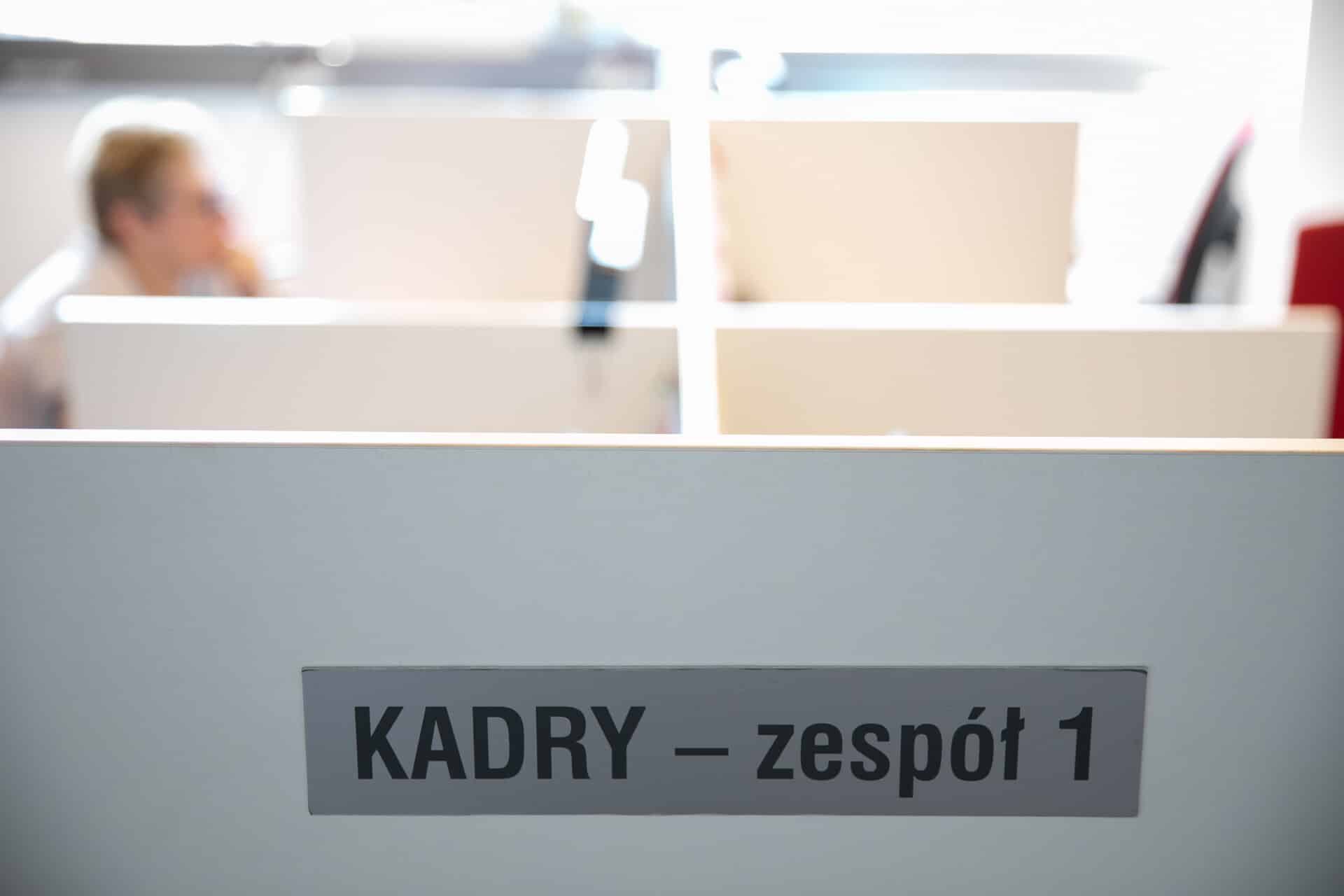In the two years since the outbreak of war in Ukraine, there have been significant changes in Polish companies. 20% of businesses adapted vacancies previously filled by men for women. 23% began to recruit foreigners from countries other than Ukraine, including from distant locations. A significant proportion – 78% – reduced the funds initially allocated in a very broad range for assisting refugees from Ukraine, according to a survey by Grupa Progres. Currently, they can count on basic support provided by the company where they start working, such as accommodation, transport to and from work, Polish language courses, or assistance with administrative matters and formalities related to employment and residence in Poland, but they usually have to bear the costs of such support.
According to Border Guard data, over 18.8 million people from Ukraine (mainly women and children) crossed the Polish-Ukrainian border from February 24, 2022, to February 9, 2024. During the same period, a total of 16.9 million people returned to Ukraine. This means that approximately 2 million refugees from the East currently reside in Poland. However, Polish eastern neighbors still constitute the largest group of foreigners working in Poland. At the end of 2023, the number of Ukrainian citizens reported for insurance in the Polish labor market exceeded 759,000 (data from ZUS and MRPiPS).
Data from Grupa Progres confirms that Ukrainians continue to be actively employed by national companies. Between March 1, 2022, and the end of 2023, they constituted 57% of all temporary workers. Among the employed, a marked dominance of women was observed – 66% vs. 34% men. Ukrainian women also dominate in MRPiPS analyses, which show that 60% of employment notifications for Ukrainians in 2023 concerned women. They were most often hired by companies in the logistics, trade, or services and production sectors with vacancies that did not require, for example, considerable physical strength. Despite declarations, only 20% of companies adapted “male” positions for women, according to a Grupa Progres survey.
Magda Dąbrowska, Vice-President of Grupa Progres, states that initially, there was a lot of enthusiasm for changing the employment structure and increasing the number of employed women. However, month by month, it turned out that the declared changes were time-consuming and so expensive that many organizations could not afford to implement them. Hence, other solutions were sought, such as employing foreigners from other directions. Currently, they make up 13% of temporary workers. Most – 62% – are men who are vital in the labor market. There are almost half fewer women – 38%.
In total, 23% of companies, struggling with a lack of men from the East willing to work after the outbreak of war, began to recruit foreigners from countries other than Ukraine, also from distant locations.
In recent years, foreign workers, including those who replaced Ukrainians in 2023, have mostly worked in industries such as industrial processing, transport and warehouse management, administrative services, and construction.
Currently, refugees from Ukraine rarely can count on financial support from the company where they start working. The majority of expenses related to work and stay are borne by the refugees from Ukraine themselves. They have to allocate their savings or the salary received in Poland for work to these costs. According to MRPiPS, which analyzed 1 million 79 thousand notifications about entrusting work to citizens of Ukraine, the average salary for full-time employment was PLN 3,600.
According to Magdalena Dąbrowska, the events of the last two years have been an extremely difficult life lesson for employers. Many businesses that have initially helped Ukraine and refugees have decided to suspend wider support and block benefits that went beyond basic ones. As a result, refugees are no longer offered free accommodation for them and their families, allowances or other financial forms to support the entire family.
